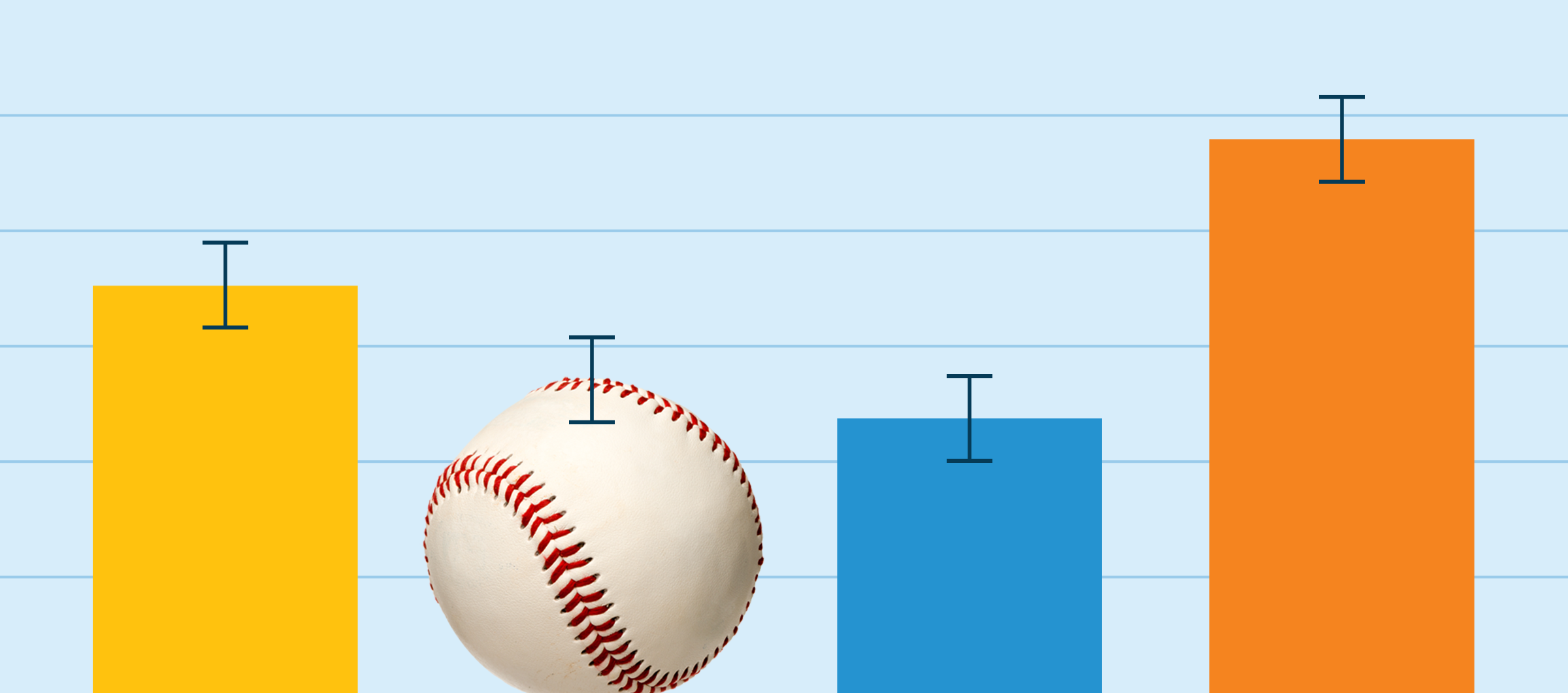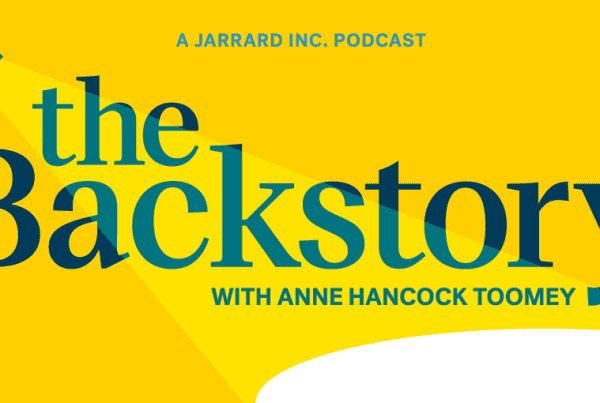Want to be notified as soon as we publish new content like the Quick Think? Subscribe here.
Editor’s note: We were all awash in election news this week. Look here and here for some smart takes on the midterms related to healthcare. As we swam through a sea of polls and breathless voter data analysis to discern who won and why, we couldn’t help but think of America’s other favorite pastime also brimming with data – baseball, of course – and the cautionary tale for us. It seems everything’s Moneyball now.
The Big Story: What Moneyball-for-Everything Has Done to American Culture
“You can make a thing so perfect that it’s ruined. Smarties approached baseball like an equation, optimized for Y, solved for X, and proved in the process that a solved sport is a worse one.” In short, distilling everything down to its component parts and focusing on pure, numbers-driven performance can backfire.
What It Means for You
Numbers matter.
- Numbers tell us whether we need more meds, or fewer.
- Numbers tell us who controls Congress.
- Numbers tell us how much money we can spend at Christmas.
- And whether we can give our hourly employees $3 more an hour.
Moneyball is all about numbers. It’s a term coined by Michael Lewis to describe an approach to team building developed by baseball’s Oakland Athletics, where players were recruited for very specific roles following excruciatingly detailed performance analytics. The Moneyball model famously helped them build a lean, efficient squad that outperformed their higher spending rivals.
Moneyball works because numbers matter. But then again, the stats aren’t enough. Despite all the numbers, there’s a reason they play the game.
We’re playing Moneyball, too.
As our industry plans for a challenging 2023 – following a challenging 2022 – the pressure is to do more with less and make every number count.
But medicine is science…and art. It’s the powerful combination that creates the care and the experience we all want when we seek care. The pursuit of efficiency can’t lead down a road where no one wants to live.
Now for some color commentary on our game.
The elite blend art and science so well you can’t even tell
The 2022 World Series ended last week. Dusty Baker, manager of the champion Houston Astros, is a living monument to Art+Science. His club was rebuilt after one of the biggest sports cheating scandals in recent times on a Moneyball roster. The Astros embody the quest for optimization.
But Baker himself exemplifies old-school ball, sometimes looking like he’s running off his gut. Critically, he connects with his players, catering to the superstitions and faith that are a feature of baseball more than perhaps any other sport. Earlier in the postseason, he stopped at St. Patrick’s Cathedral in New York and procured a string of rosary beads for a player who was in the middle of a deep slump. His players love him because he sees them. He gives credence to his analytics team. But, as a leader, he activates the people around him in a personal, deeply human way.
Our take? RVUs are important, but good healthcare makes the human connection, too. It’s in the balance where healing happens.
The quest for certainty leads to loss
In this age of mistrust, we’ve developed an obsession with facts that are objectively correct leading to obvious conclusions. Some things can be quantified with near certainty, such as the number of ballots cast or a white blood cell count. We should always seek greater precision where it matters.
But facts are just pieces of truth. Need proof? Instant replay across sports has made us certain of exactly one thing: We cannot be certain.
- What, exactly, is a catch in football?
- Why are two nearly identical incidents in soccer games 24 hours apart treated completely differently in the same league?
- The difference between a foul and an ejection for an elbow to the face of an opponent is often “intent.” How do we quantify what the player was thinking?
Our take? Sometimes, more data provides less clarity. How we turn facts into information – and turn information into decisions and best practices – is up to us.
The numbers are not the story
The goal of a baseball team’s front office is to find the most efficient way to win a baseball game. And then repeat that 160 times a season. But that’s not the goal of Baseball. The goal of Baseball is to provide entertainment and excitement and long-running storylines for more than half of every year. The goal is for people to engage and stay engaged.
From this perspective, a single win or loss is only marginally important. Stolen bases and extra base hits and wild strikeouts – the aesthetics of the game – are very important. Don’t lose sight of those details in the quest for the perfectly efficient win.
Our take? The experience you create for individual patients, or the story of your health system, is more than a single metric or three. It’s the balance of thousands of interactions and the result of a host of investments you make.
But the numbers can lead to exciting things
Sometimes crunching the numbers can push us to do beautiful things. Ten years ago when the “discovery” was made that three points are worth more than two, the Golden State Warriors created a revolutionary style of basketball that was exhilarating and unmissable. And very successful. It took the numbers and used the art of Steph Curry’s generational talent to make them work. Science, meet art.
Our take? See our first sentence. The numbers matter. But the game is bigger still.
This piece was originally published over the weekend in our Sunday Quick Think newsletter. Fill out the form to get that in your inbox every week.
Subscribe to Jarrard Insights & News
"*" indicates required fields




